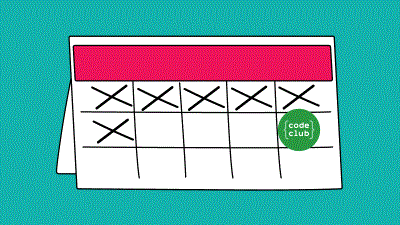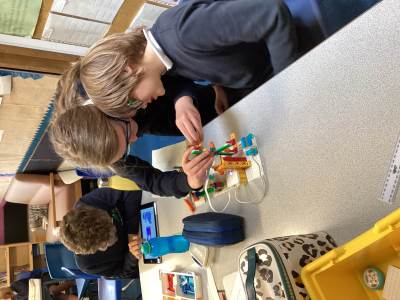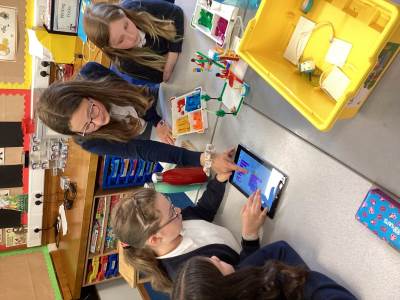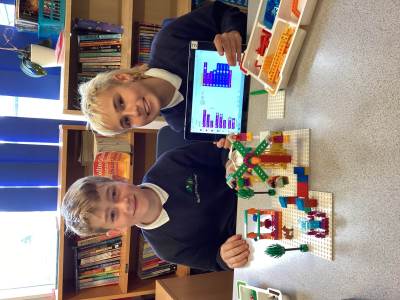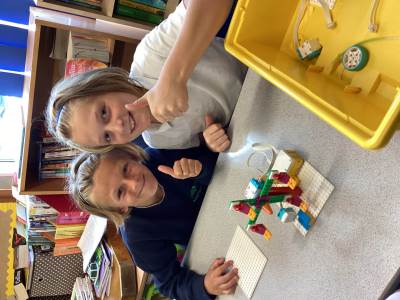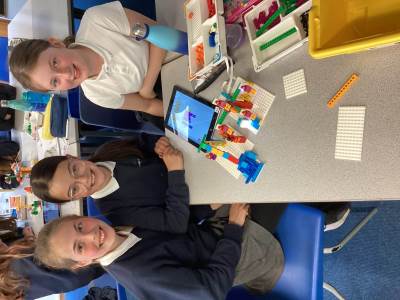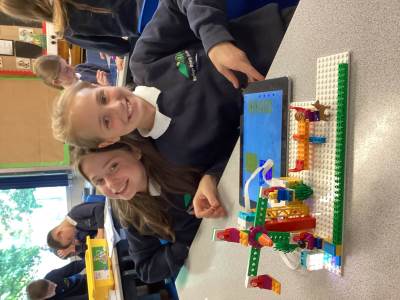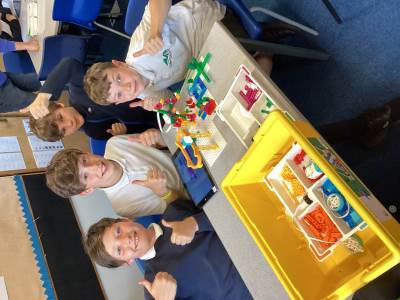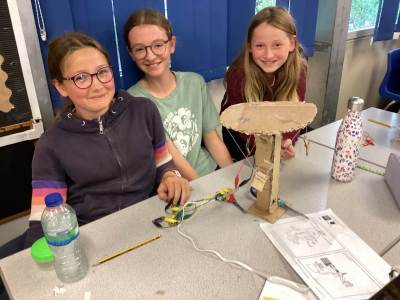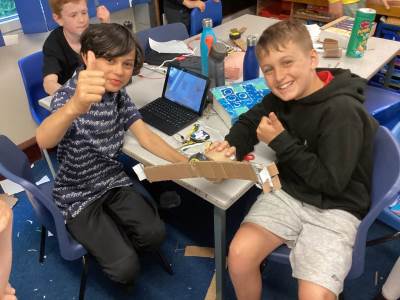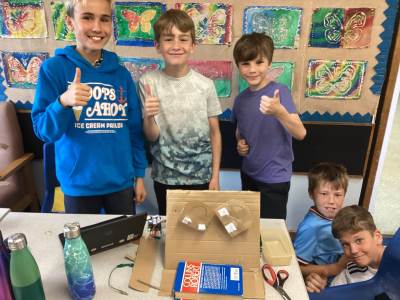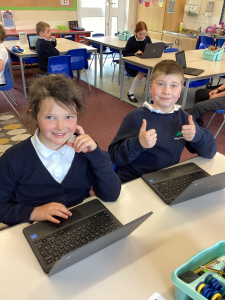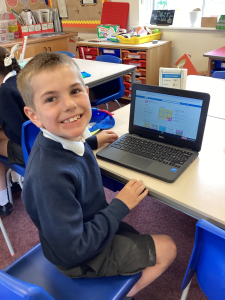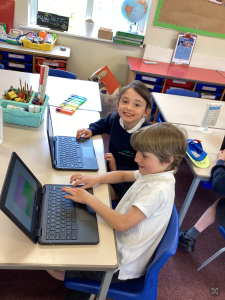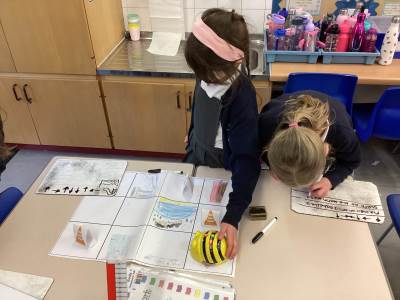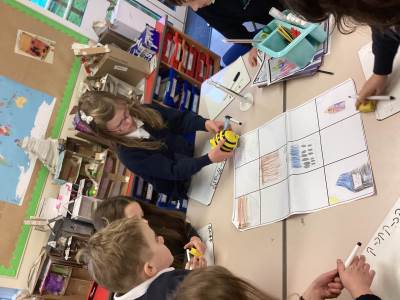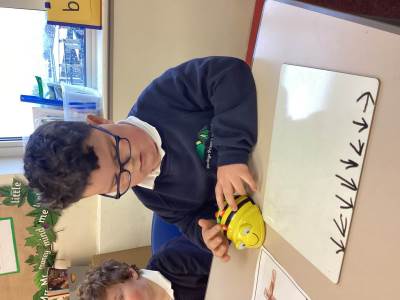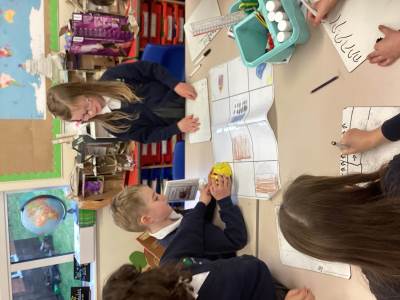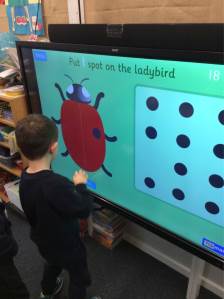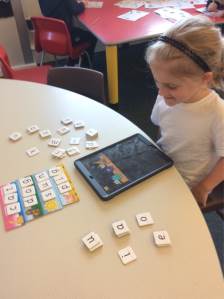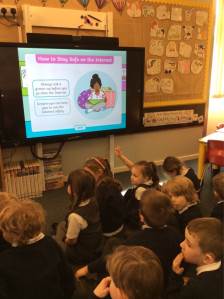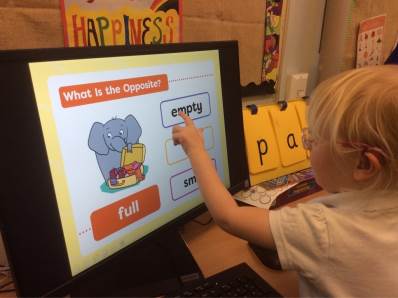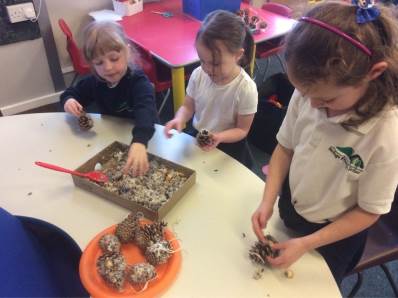Computing
Rationale
At Burbage Primary School, the children have access to an engaging and inspiring computing curriculum that equips pupils with the essential skill of computational thinking. Children are also provided with many opportunities within the wider curriculum to practise their ICT skills. We recognise that all children should learn digital skills and competency to equip them for using ICT in life and work beyond school.
Children develop their creativity in Computing through the use of a wide range of programmes and applications that make deep links with Mathematics, Music, Art and Design and Technology. Pupils will become digitally literate as they explore the world of programming and develop their understanding of fundamental principles including algorithms, data representation, logic and abstraction. Children express themselves by writing computing programs and have repeated practice of solving and analysing problems. As they continually access and engage with new and unfamiliar technology, children will flourish and be able to analytically solve problems relating to modern day ICT and computing.
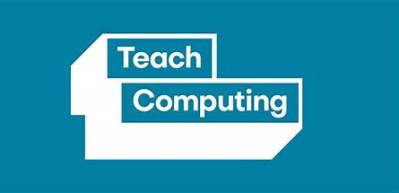 Computing at Burbage is taught weekly and follows the ‘Teach Computing’ scheme, which was developed by The National Centre for Computing Education (NCCE) and is funded by the Department for Education. The scheme has been carefully curated by a consortium made up of STEM Learning, the Raspberry Pi Foundation and BCS, The Chartered Institute for IT. The vision of the scheme is for every child in every school in England to have a world-leading computing education; which is something we value at Burbage too. The scheme champions diversity and inclusion within lessons; which is integral to the planning, programmes and materials used.
Computing at Burbage is taught weekly and follows the ‘Teach Computing’ scheme, which was developed by The National Centre for Computing Education (NCCE) and is funded by the Department for Education. The scheme has been carefully curated by a consortium made up of STEM Learning, the Raspberry Pi Foundation and BCS, The Chartered Institute for IT. The vision of the scheme is for every child in every school in England to have a world-leading computing education; which is something we value at Burbage too. The scheme champions diversity and inclusion within lessons; which is integral to the planning, programmes and materials used.
For our children in the Early Years Foundation Stage (EYFS), 'Barefoot Computing' resources are used to introduce children to Computational Thinking. Computational Thinking is a set of problem solving skills that can be used in everyday life, and is at the heart of the computing curriculum. We recognise children will only be ready for this subject if we provide them with foundational experiences, which is why we have Computing embedded into our Early Years Foundation Stage (EYFS) curriculum. The problem solving of Computational Thinking closely aligns with the Characteristics of Effective Learning, so by aligning EYFS provision to Computational Thinking, we use the same vocabulary as used by our colleagues in KS1, and ensure progression.
In recent years at Burbage, significant investment has been made in our IT and technology. This provides the children with aspirations that will support and guide them when they enter the ever-changing world of the future workplace. Technology changes daily and it is our aim at Burbage to ensure every child is confident and proficient in their use of modern-day technology.
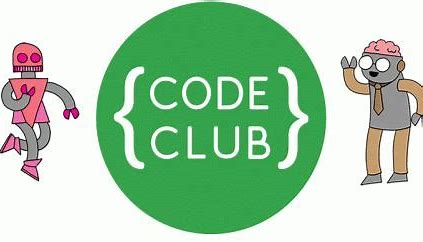
We provide further opportunities to promote Computing at Burbage by offering a lunchtime Code Club; a programme run by Raspberry Pi Foundation. The club exposes children to a range of programs, such as Scratch, HTML and CSS and Python.
Online Safety
New technologies can inspire children to be creative, to communicate and learn. However, while the internet is a great resource, it is important that children and young people are knowledgeable about and protected from the risks they may encounter.
At Burbage, our children's safety is paramount. We revisit key principles of keeping safe online and provide opportunities for the children to use and observe use of, safe internet use, regularly; high expectations are set and maintained across school and any issues addressed and used as a learning opportunity.
More information about this can be found on the link below:
https://www.burbage.derbyshire.sch.uk/Parents/Online-Safety/
Computing at Burbage Primary
Computing Long term plan
Computing in EYFS
computing progression of s k eyfs.pdf
Computing knowledge and skills progression document - KS1
computing progression of s k ks1.pdf
Computing knowledge and skills progression document - lower KS2
computing progression of s k lks2.pdf
Computing knowledge and skills progression document - upper KS2
computing progression of s k uks2.pdf


